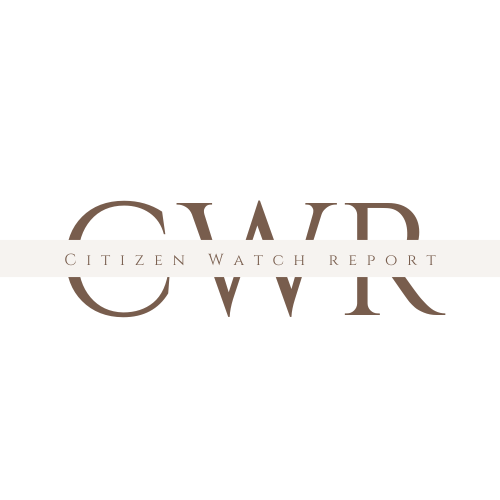Prime Minister Justin Trudeau’s proposed Green Reset is losing steam in Canada, with taxpayers citing inflation for the dampening public support.
“Competing factors like inflation have moderated the attention paid to climate change,” said the report Applying Behavioural Science To The Government Of Canada’s Climate Action.
In-house Privy Council research says taxpayers support climate action but don’t want to pay added costs, reported Blacklock’s Reporter. Canadians won’t pay more than a 10% premium for ‘green’ products and services, figures show.
Although many consider ‘climate change’ manageable, 58% are demanding urgent action. But a quarter (23%) of respondents “would not pay anything more for products and services that help limit climate change,” stated the Climate Action.
Last October 30, the Bank of Canada (BoC) claimed inflation would fall 16% if the Trudeau Liberals eliminated the carbon tax.
BoC Governor Tiff Macklem told the Commons finance committee it “would create a one-time drop in inflation of 0.6 percentage points” from the current rate of 3.8%.
“It would be helpful if monetary and fiscal policy was rowing in the same direction,” he said. “Any standard economic textbook will tell you [that] if you cut government spending, that will tend to slow growth, raise the unemployment rate, and reduce inflation.”
Conservative MP Philip Lawrence asked the governor for how long a period would drop the carbon tax impact inflation. Macklem said one year.
According to a 2021 Department of Environment report, climate programs would cost taxpayers billions. “Future climate change costs for Canada will be high,” reiterated an earlier National Issues Report.
According to researchers, perceived cost is the biggest barrier. “More than two thirds of respondents, 69 percent, strongly or somewhat agree that environmentally friendly options are too expensive compared to alternatives,” the report reads.
An example of such cost includes purchasing electric and hybrid cars, which are mostly owned by households with income over $200,000, found Blacklock’s Reporter.
“Those who are unwilling to make changes mainly believe other people or other countries should take action first, or that individual action will have little impact,” said Climate Action. “One quarter, 27 percent, say they are already doing enough.”
Asked, “How much more if anything would you be able or willing to pay for products and services that help limit climate change?” Twenty five percent said, “one to five percent,” while Twenty four percent said “six to 10 percent.”





















































